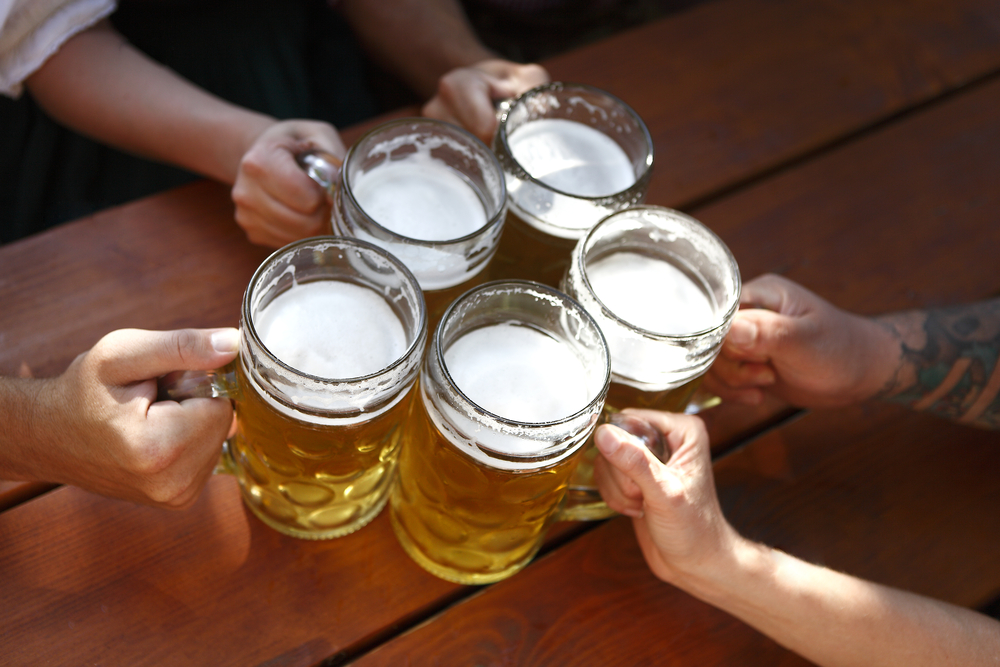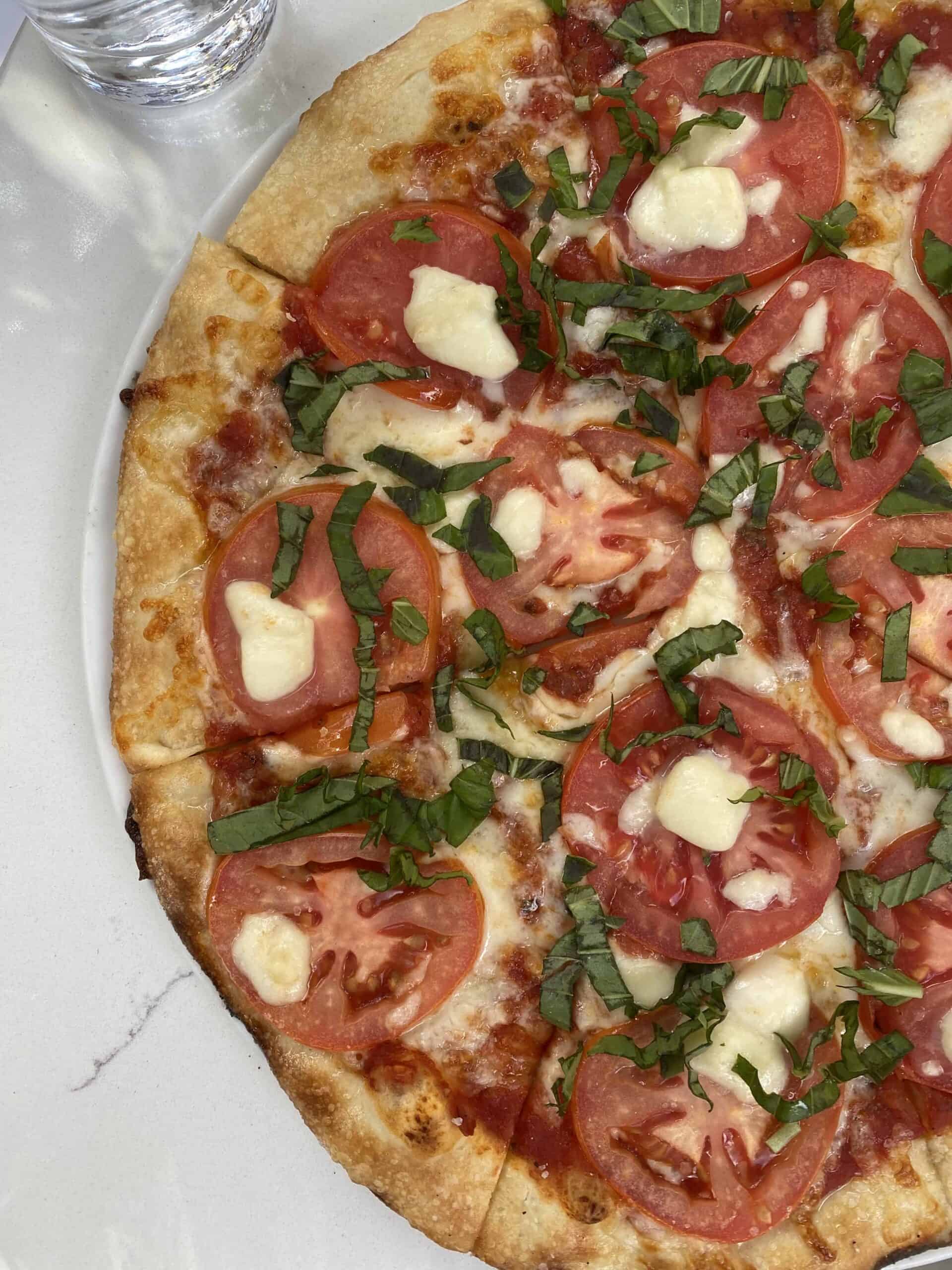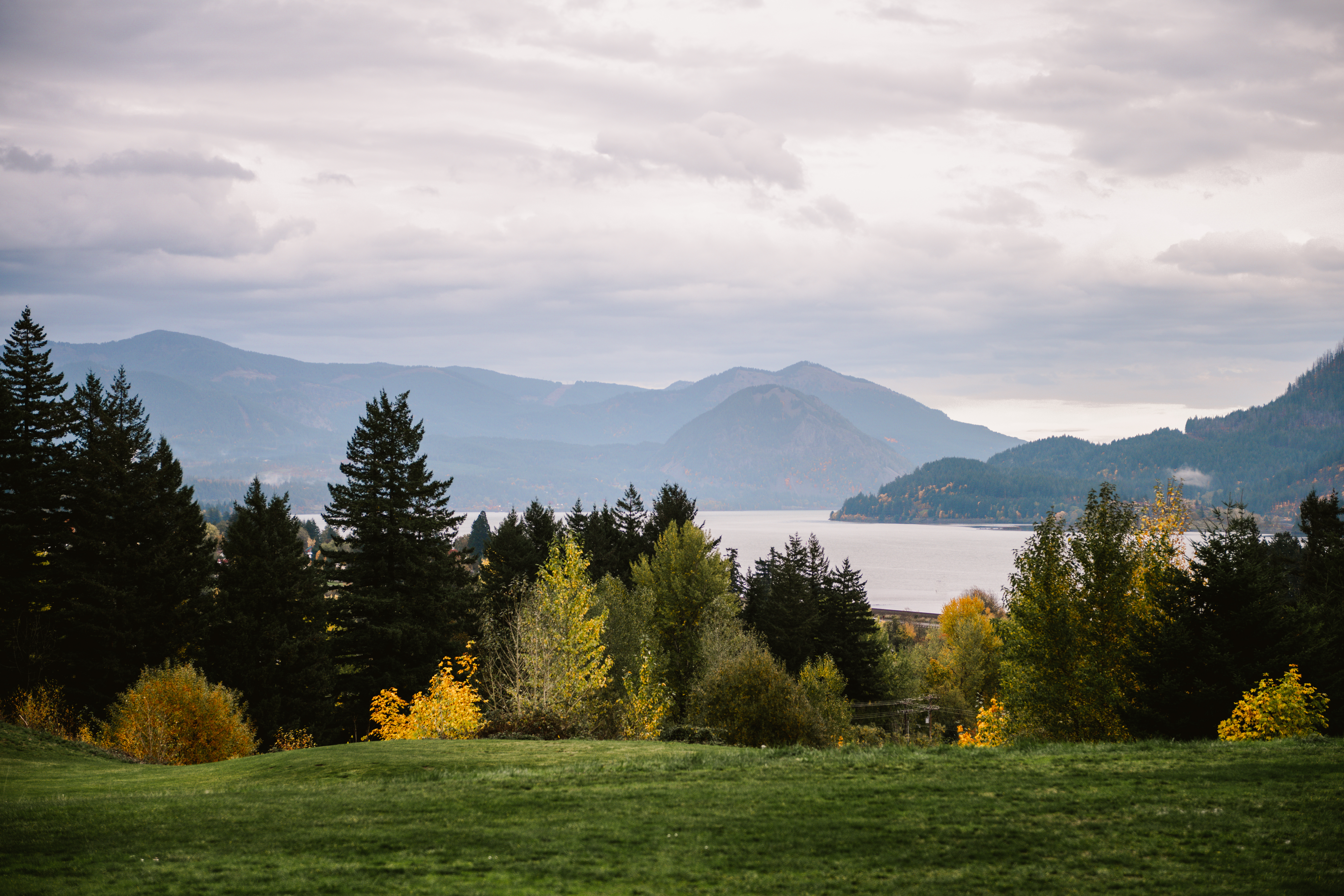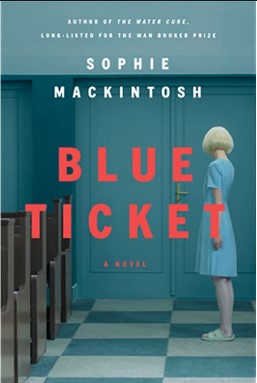Juneteenth: Honoring the Legacy of Black Americans and the Pursuit of Racial Equality
By Malisea “Lisa” Gardner
Juneteenth is a holiday commemorating the ending of slavery in the United States. Although President Lincoln emancipated slaves in 1863, it took two long years for the news to reach the last remaining enslaved people in Galveston, TX, and on June 19th, 1865, those slaves heard the triumphant news of their freedom. But now what? Slavery has ended, and newly freed slaves and former slaveowners are now in a post-civil War America where congressional and economic reconstruction occurs. White Americans were in recovery mode to reshape war-torn America, which included rescinding federal troops out of the South and providing former slaveowners with reparations for lost labor and wages while implementing more industrialized practices to supplement human labor.
For the former slaves, there was a surge of new Black independence and prosperity. Black Americans were fleeing to the North and out West. Black neighborhoods were developing, including hospitals, banks, post offices, grocery stores, schools, and universities. For Black Americans, the Reconstruction period generated Historically Black Colleges and Universities (HBCUs), legendary scholars like W.E.B DuBois, and Black millionaire entrepreneurs like Madame C. J. Walker and Jeremiah Hamilton. Moreover, the Black Reconstruction era saw 2,000 Blacks hold public office from the local level to the U.S. Senate.
However, what about racial reconstruction? Racial harmony was seemingly ignored or simply disregarded. Did Americans not think that racial reconstruction was necessary? Imagine if we had a Diversity, Equity, and Inclusion training in 1865-1877? Perhaps we would have avoided the hardships of Jim Crow, segregation, the civil rights movement, redlining, the war on drugs, and mass incarceration. Nevertheless, Black Americans miraculously hurdled obstacle after obstacle–even with laws, policies, and systems designed to obstruct the growth of Black Americans. Black Americans’ prosperity, determination, grace, and bravery throughout history are something to marvel at and, quite frankly, celebrate.
Juneteenth is that celebration. One hundred fifty-seven years of racial oppression, political and economic oppression, Juneteenth serves as a well-deserved celebration—a commemoration of independence. Across the country, Black Americans pause to reflect on the perseverance of ancestors of the past, the steadfastness of navigating today’s America, and ponder a world where racial division is, in fact, of the past. America is still in a constant state of reconstruction. Amid that reconstruction, Black Americans take a moment on Juneteenth to breathe in the air of peace.
Juneteenth is a holiday that should be celebrated like America celebrates Independence Day. Black Americans are, at minimum, five centuries removed from their African homeland. Helping build this nation, Black Americans have lived, fought, and died for America. Black Americans worked in the fields, on the railroads, and in the factories of America. Black Americans invented, discovered, developed, and mastered the arts and sciences of America. America is our home. So, write it in the history books, and pass it in the legislation across the county–Juneteenth is our Independence Day. Juneteenth is our 4th of July. June 19th, 1865, is the day Black Americans became Americans.
If you want to share in the celebration of Juneteenth, check your local community centers, donate to your favorite community-based organization, or share in food, drinks, and good times with friends–yes, your Black friends and acknowledge the day. To say “Happy Juneteenth” should feel just as easy to say when we say “Happy St. Patrick’s Day,” “Happy Cinco De Mayo,” or “Happy Fourth of July.” So, my friends, Happy Juneteenth.
Visit these sites for more Juneteenth information or to make charitable donations:
- The Martin Luther King Jr. Family Outreach Center
- Inland Northwest Juneteenth Coalition (INWJC)
- The Carl Maxey Center (CMC)
- The NAACP Spokane Branch
Lisa Gardner
Lisa is a Spokane native and works as the Communications Director for Spokane City Council. When she is not writing a press release, Lisa is very active in her community as the Vice President of the Spokane Branch NAACP, but primarily, she enjoys traveling, spending time with her family, listening to music or new books on audio. Find her on LinkedIn here.








Well written Lisa . My hope is that all people read this.